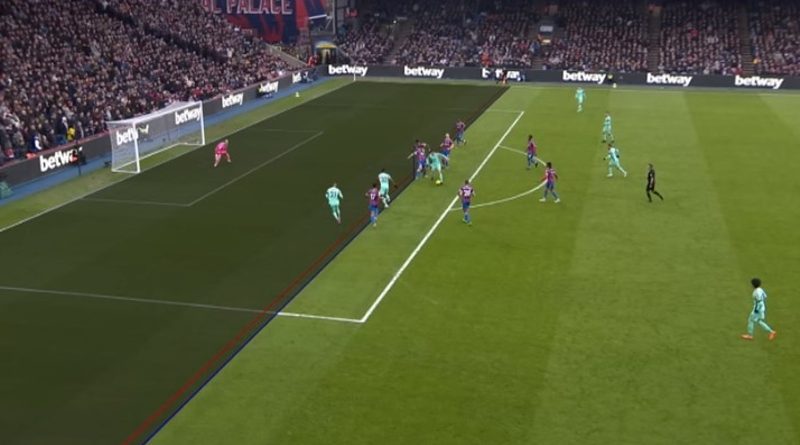Technology in football: How modern innovation is changing the game
Modern English football is undergoing significant changes thanks to innovative technologies that are impacting various aspects of the game.
Moreover, even in non-gamstop casino sports betting, interesting know-how can be found for football and betting enthusiasts.
In this article, we take a look at how modern technology is transforming football, from analysing the game to interacting with fans.
Technology is not only improving player performance, but also bringing changes to arbitration, training methods, and fan interaction.
Let’s take a look at the key areas where innovation is making its mark in the modern world of football.
Technology in analysing the game
Modern football has transcended the boundaries of traditional analysis, integrating advanced technologies to gain a deeper understanding of game processes. This includes extensive use of data and analytics, providing coaches and players with valuable insights.
Use of data and analytics
Let’s look at the key benefits of using data and analytics in English football:
-
1) Player statistics. Analytics systems collect and analyse data about each player in real time. This includes information on distance travelled, successful passes, goals scored and other key metrics. Such statistics help coaches identify players’ strengths and weaknesses, optimise tactics and make informed decisions.
-
2) Predicting match results. Using machine learning algorithms and statistical models, football clubs seek to predict the results of future matches. This approach helps to develop more effective pre-game strategies as well as manage team composition.
-
3) Training processes. Modern coaches use video analysis to study training sessions in detail. This allows them to identify mistakes, analyse players’ movements and improve technique.
-
4) Analysis of opponents. Teams actively study video footage of their opponents. Such analysis allows to predict tactical moves of opponents, identify their strengths and weaknesses, which is a key point in preparation for matches.
All of these technologies not only improve the efficiency of training processes, but also provide teams with the tools to make more informed decisions during competition.
In the following sections, we look at how real-time innovations are changing aspects of refereeing and fan interaction.
Options for reviewing real-time technology
In modern football, technology is being actively deployed in real-time, providing opportunities to observe and intervene in the game. These developments include advanced Video Assisted Refereeing (VAR) techniques and player movement tracking systems.
VAR (Video Assistant Referee) System
The introduction of VAR has become an integral part of football competitions, allowing referees to review controversial moments on screens and make more informed decisions in key situations.
However, this introduction has also been accompanied by controversy within the football community, sparking debate about slowing down play and the fairness of decisions made.
Tracking player movements
The use of GPS trackers and other sensors to track player movements in real time provides the opportunity to analyse player distribution, speed and distance travelled on the pitch.
This data not only helps coaches adapt tactics and strategy in real time, but also provides an additional layer of analysis of the team’s tactical decisions.
Technological innovation in the training process
Modern technologies play a key role in transforming training methods in football. They provide coaches and players with new opportunities for effective skill development and tactical training.
Virtual reality is becoming a means to create intense simulations of real game situations, and simulators utilising virtual and augmented reality technologies are becoming powerful tools for improving technique and decision-making on the pitch.
Robots that mimic the movements of players allow for enhanced training of tactical aspects of the game, while the use of drones provides an aerial view that is useful for analysing and optimising game strategies.
These innovations facilitate more effective coaching and training of teams, elevating the level of play to a new platform.
Results
Technological innovations are dramatically changing football by improving the accuracy of referees’ decisions, enhancing training methods and creating a more interactive experience with fans.
With the use of virtual reality, data analytics and new medical technologies, football is becoming more immersive and effective.
With these innovations on the horizon, the future of football promises even more progress and exciting transformations.




